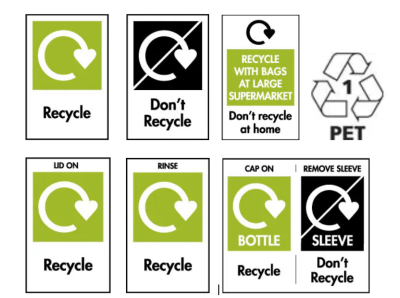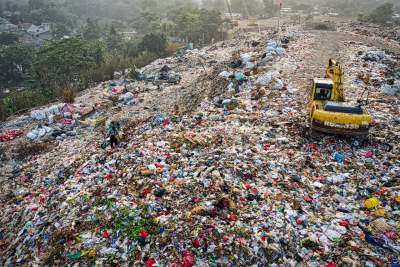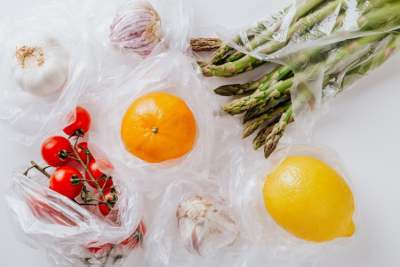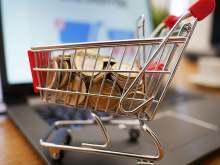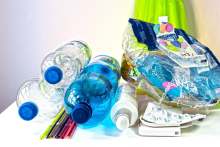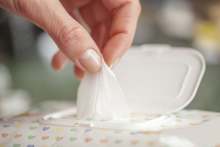Each day, the equivalent of 2,000 rubbish trucks of plastic are dumped into the world's oceans, rivers, and lakes, according to the UN. Plastic is in every corner of the planet, even the deepest part of the sea.
The Great Pacific Garbage Patch is now estimated to be three times the size of France, with 46% of it composed of discarded nets and other kinds of fishing gear.
Why is plastic a problem?
Plastic is produced from fossil fuels, meaning it has a high carbon footprint. It doesn’t disintegrate over time, instead just breaking down into smaller and smaller pieces, known as microplastics.
Microplastics have entered all our ecosystems, posing a threat to the animals that live there. They release toxins and are consumed by fish and other sea creatures, which can harm their organs and ability to reproduce.
Plastic could also be affecting human health. In 2019, environmental group WWF found that the average person could be ingesting the equivalent of a credit card of plastic every week.
Plastics can contain multiple toxic chemicals, such as PFAS (Per- and Polyfluoroalkyl Substances). PFAS have been linked to a plethora of health impacts from lower fertility to high risk of concern, and are also known as ‘forever chemicals’ because they break down so slowly. In January 2024, a study which tested the blood of politicians across Europe found that they all contained seven PFAS, with five of the politicians carrying levels higher than the current threshold for health concerns.
Which products contain plastic?
Plastic is one of the most widely used materials in our world. From make-up to clothing, many products can contain plastics.
Here we list just a few areas of life where plastic is commonly used:
- Packaging: in the UK, plastic packaging accounts for nearly 70% of our plastic waste, according to the charity Wrap. Plastic covers everything from our fruit and vegetables to our new TV. Takeaway containers for food and hot drinks like coffee cups are also usually made of plastic
- Clothing: as much as 64% of new fabrics are made of plastics. Look for plastic materials like acrylic and polyester on the label, or sometimes the word synthetic e.g. ‘synthetic fur’
- Cosmetics: lots of health and beauty products contain microplastics and liquid polymers (as well as using plastic packaging). Plastic microbeads have been banned in the UK for ‘rinse-off’ products like shampoo and soap, but not for products which you leave on your hair or skin like make-up or moisturiser. Sun protection, nail polishes and all kinds of hair styling products use a plethora of liquid plastics. And some wet wipes may also still contain plastic.
- Technology and household appliances rely on plastic.
Read our articles on plastic in clothes and microbeads in toiletries and cosmetics for more info.


